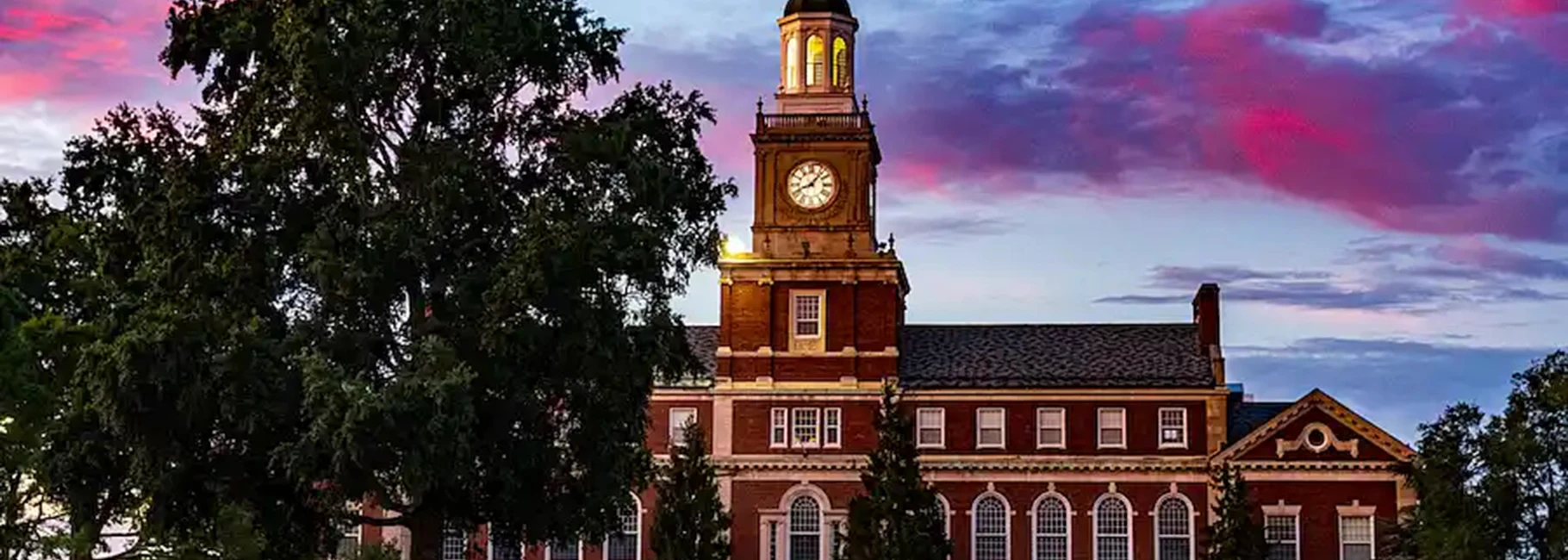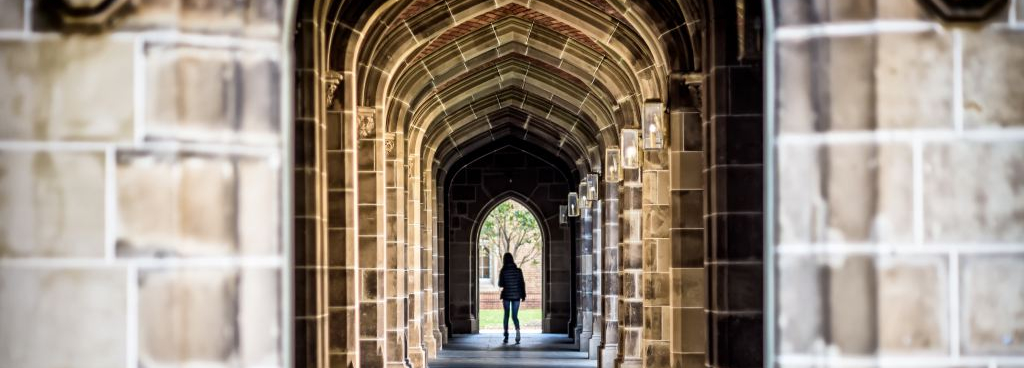Historically Black Colleges and Universities (HBCUs) are institutions of higher education in the United States that were established with the primary goal of providing educational opportunities for African Americans during a time of widespread racial segregation. HBCUs offer a diverse range of academic programs and contribute significantly to research, community development, and the overall advancement of knowledge. While HBCUs now admit students of all races, they continue to play a significant role in providing access to higher education for Black students.
What Are Historically Black Colleges and Universities?
HBCUs were created to provide educational opportunities for African Americans who were systematically excluded from mainstream colleges and universities. Many HBCUs were founded in the 19th and early 20th centuries by religious organizations, philanthropists, and Black leaders. These institutions played a crucial role in fostering academic excellence, providing a supportive environment, and producing generations of African American professionals, leaders, and scholars.
History of the Historically Black Colleges and Universities
The first HBCU, Cheyney University of Pennsylvania, was established in 1837, followed by other institutions such as Lincoln University (Pennsylvania) in 1854 and Wilberforce University (Ohio) in 1856.
During the era of slavery and post-Civil War Reconstruction, education for Black people was limited. In fact, anti-literacy laws were enacted by Southern states to prevent enslaved and freed Blacks from gaining education since literacy was seen as a means to gain empowerment and challenge the existing social order.
HBCUs emerged, providing opportunities for formerly enslaved people and their descendants to pursue higher education. In the late 19th and early 20th centuries, HBCUs played a significant role in producing a Black middle class and providing leadership for the African American community. Despite facing financial challenges and institutional racism, these colleges and universities continued to thrive and contribute to the academic and cultural development of Black Americans.
The Civil Rights Act of 1964 marked a turning point in American history, legally dismantling segregation in public facilities, including educational institutions. The Higher Education Act of 1965, signed into law by President Lyndon B. Johnson, included Title III, which specifically addressed the establishment and funding of HBCUs. This legislation marked a significant federal commitment to supporting Black institutions.
What Is the Purpose of HBCUs?
Historically Black Colleges and Universities serve several important purposes, ranging from providing access to education for underrepresented communities to promoting academic excellence, preserving cultural heritage, and contributing to leadership and social justice initiatives. HBCUs create a supportive and culturally affirming environment for Black students including a sense of community, shared cultural experiences, and a supportive network that helps students navigate the challenges of higher education.
They have evolved to be inclusive institutions that grant degrees to students of all races, contributing to the diversity of the higher education landscape and promoting cross-cultural understanding. Many HBCUs actively engage with their surrounding communities, providing resources, outreach, and opportunities for community development. This commitment helps address societal challenges and contributes to positive change.
What Is the Impact of HBCUs Today?
HBCUs serve as pillars of educational opportunity, embodying a legacy of promoting diversity and addressing systemic challenges. While HBCUs make up a small percentage of U.S. colleges and universities, about 3%, their impact is significant. Not only do they increase educational and economic opportunities for Black Americans, but HBCUs contribute almost $15 billion annually to the national economy, according to a 2017 UNCF study.
Lower Tuition Rates
A UNCF study revealed that the cost to attend an HBCU is 27% lower than attending a comparable non-HBCU school. In fact, many HBCUs were established with a mission to make education for people in African American communities accessible and affordable as a way of overcoming barriers caused by racial segregation and discrimination. Additionally, they often focus on education over profit, allocating most of their financial resources to educational initiatives and student support services, which helps keep costs lower.
Promote Diversity in STEM Fields
Traditionally, STEM fields have not been as diverse as they should be due to discriminatory practices and systemic inequalities that have limited opportunities for underrepresented minorities. HBCUs help to break these barriers in science, technology, engineering, and mathematics, offering rigorous curricula and research opportunities to provide students with a strong foundation in STEM.
Addressing the Racial Wealth Gap
HBCUs contribute to efforts to address the racial wealth gap by making a college degree more accessible to Black people, promoting economic empowerment, and advocating for policies that foster economic equity. Black college graduates have enhanced business development skills and employability, empowering them to secure well-paying jobs or start their own businesses to improve their economic prospects and contribute to narrowing the wealth gap.
Thriving Supportive Community
Community outreach is another way HBCUs make an impact. The public is often invited to college events and the surrounding communities can benefit from the educational opportunities offered by HBCUs. Additionally, these institutions often encourage participation in community service and volunteer activities beyond campus. HBCUs often work with local companies to help fulfill their business needs while providing experiential and job opportunities for students.
Notable HBCU Alumni
Numerous notable individuals have graduated from HBCUs and have made significant contributions in various fields. Here are some examples:
- Martin Luther King, Jr. (Morehouse College): Renowned civil rights leader and Nobel Peace Prize laureate Martin Luther King, Jr. played a pivotal role in the American civil rights movement.
- Thurgood Marshall (Lincoln University, Howard University School of Law): The first African American Supreme Court Justice, Marshall was a key figure in the legal battle against racial segregation, serving as legal counsel for the landmark case Brown v. Board of Education.
- Oprah Winfrey (Tennessee State University): Media mogul, philanthropist, and influential television personality, Oprah Winfrey is best known for “The Oprah Winfrey Show” and her impact on the entertainment industry.
- Toni Morrison (Howard University): Nobel Prize-winning author and Pulitzer Prize winner Toni Morrison is celebrated for her novels exploring the African American experience, such as “Beloved” and “Song of Solomon.”
- Kamala Harris (Howard University): The first female Vice President of the United States, Kamala Harris has had a notable career in politics, serving as a U.S. Senator and Attorney General of California before her historic election.
- Samuel L. Jackson (Morehouse College): Esteemed actor known for his roles in numerous films, including “Pulp Fiction,” “Django Unchained,” and the Marvel Cinematic Universe.
- Rosa Parks (Alabama State University): Civil rights activist and symbol of the Montgomery Bus Boycott, Rosa Parks played a critical role in the early days of the American civil rights movement.
- Spike Lee (Morehouse College): Acclaimed filmmaker, director, and producer Spike Lee has created iconic films addressing issues of race and social justice, such as “Do the Right Thing” and “Malcolm X.”
How Many Private HBCUs Are There?
The U.S. Department of Education recognizes 107 HBCUs, 104 of which are still in operation. Most are public universities and colleges, but 49 are private institutions. Howard University is one of the most well-known and prestigious of the private HBCUs — it is also the largest. Other private institutions include Spelman College, Wilberforce University (the oldest private HBCU), Morehouse College, Tuskegee University, and Hampton University.
Is An HBCU a Good Fit for You?
Students who are getting ready to apply to college may be wondering how they can determine whether an HBCU is a good fit for their needs and goals. Ultimately, there isn’t a one-size-fits-all option, particularly because each HBCU has a unique campus and its own set of opportunities and experiences. If you’re interested in attending an HBCU, your first step should be to do your research on whether a college is the right fit and find out about the various institutions you may wish to consider. Every aspect is important, from learning about your prospective college’s history to discovering the academic programs that the institution is best known for.
Would Howard University’s urban setting in Washington, D.C., align with your vision of a college experience, for example, or would you prefer a campus that is outside of a major city like Delaware State University? Are you looking for a tight-knit liberal arts college or would a bigger university be closer to what you’re hoping for? What about the academic programs and opportunities that are most important to you? Do you have a preference for private or public schools?
The questions above are just a few examples of what students need to consider when researching various HBCUs. Ideally, prospective applicants should strive to attend college tours, either in-person or virtually, to start to picture themselves on campus. Additionally, it’s important to review the admitted student profile to get a better sense of the grades and test scores you will need to be competitive throughout the admissions process. And don’t forget to look at financial aid opportunities.
Top Historically Black Colleges and Universities
At IvyWise, we advise students to craft their balanced college list based on the schools that are the best fit for them — rankings should not be a primary factor. However, rankings can be a good starting point as you start your school search. The following schools are widely considered to be among the best HBCUs.
Spelman College: Atlanta, GA
Founded in 1881, Spelman College is a private women’s college with a range of liberal arts and STEM programs. U.S. News & World Report has ranked Spelman as the top HBCU in the country 17 years in a row. Spelman is the top producer of Black women with Ph.D.’s in STEM and a leader in Gilman Scholars and Fulbright Fellows. Admission is highly competitive — in addition to a solid academic performance, applicants should demonstrate extracurricular involvement, community service, and strength of character. Spelman boasts a 76% graduation rate, which is higher than the national average.
Howard University: Washington, D.C.
Howard University, founded in 1867, is a private HBCU offering an innovative STEM program and liberal arts disciplines. It is the top producer of African American undergraduates who go on to earn doctorates in science and engineering. Admission is highly selective. Prospective students should be highly motivated with an academic record that shows consistent growth and achievement. Howard offers 143 academic programs at the undergraduate, graduate, and professional levels, with renowned programs in social work, communications, business, medicine, and law.
Florida A&M University: Tallahassee, FL
Florida A&M University (FAMU) has been ranked by U.S. News as the top public HBCU for five years. Established in 1887, FAMU is part of the State University System of Florida and offers a diverse range of academic programs. FAMU is particularly strong in agriculture, engineering, pharmacy, and the arts. The university’s marching band, the “Marching 100,” is renowned for its musical excellence and has gained national recognition. Undergraduates can choose from among 54 bachelor’s degree programs — FAMU also offers 29 master’s, three professional, and 12 doctoral programs.
Morehouse College: Atlanta, GA
Founded in 1867, Morehouse College is a private historically Black men’s liberal arts college, considered to be one of the most innovative and influential of the HBCUs. Notable for its rigorous academic programs, the college places a strong emphasis on molding students into well-rounded individuals with a sense of responsibility and a commitment to making positive contributions to society. Morehouse offers 32 majors across the liberal arts and STEM, with strong programs in business, English, social sciences, journalism, and biological sciences, among others.
Tuskegee University: Tuskegee, AL
Established in 1881 by Booker T. Washington, Tuskegee University is a private, land-grant institution and the only HBCU to be designated a National Historic Site — George Washington Carver and the famed Tuskegee Airmen are affiliated with the institution. The university is a leading producer nationally of Black graduates in chemical, mechanical, electrical, and aerospace science engineering. Tuskegee emphasizes the importance of leadership, community engagement, and a practical education grounded in the liberal arts. The institution offers more than 64 undergraduate and graduate degree programs.
The college admissions process can be challenging, but receiving guidance through college counseling services can lessen the stress and confusion. Whether you plan to apply to an HBCU, a non-HBCU, or both, it’s important to have a strategy that gives you the best chance for admission. Contact us to learn how we can help you achieve your academic goals.




